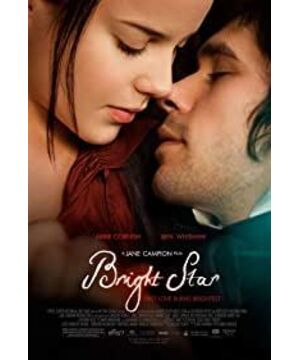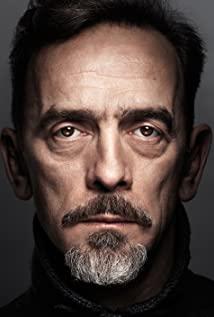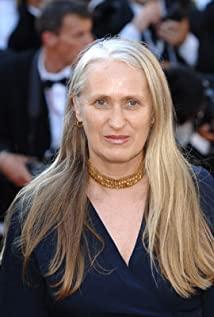We are not made to suffer, but why does pain all come to us?
When Keats was young, his parents died, and his brother Tom also died when he was 23 years old. All his family members left, and he was the only one left to live in poverty in the world. Fortunately, like-minded friend Mr.Brown and his longing for love and romance and praise for life can resist this pain. But the reality of poverty and the conflict of love's need for money troubled him again, but Fanny's love made him support the pain. But then the pain released a big move to the lovers. Keats soon fell ill with illness and died young. Fanny was heartbroken and guarded his mourning for 7 years.
After watching the film, I fell in love with "Ode to a Nightingale" read aloud by Ben Wei Xiao at the end of the film, which is accompanied by background music. Then it piqued my little interest in poetry and literature. But the film is too peaceful (probably because I can't experience the sadness after the peace), and it's a little sleepy to watch.
My experience is too shallow to write any in-depth comments, so let's focus on the details.
1. Mr. Brown's character is a bit unpleasant. Some see themselves as lofty, he thinks that poets are nobler than tailors, and poets are very holy, but he still falls into secular love in the end.
2. Fanny said that she has no talent for poetry, but she still has some confidence, but she said that confidence is different from results. I think that's right, because success doesn't come from fantasy.
3. When Fanny says she likes high society men, Keats says he knows these high society men, they eat and drink, and even hold their glasses in a pretentious way. This is the benevolent see benevolence and the wise see wisdom, right?
View more about Bright Star reviews











